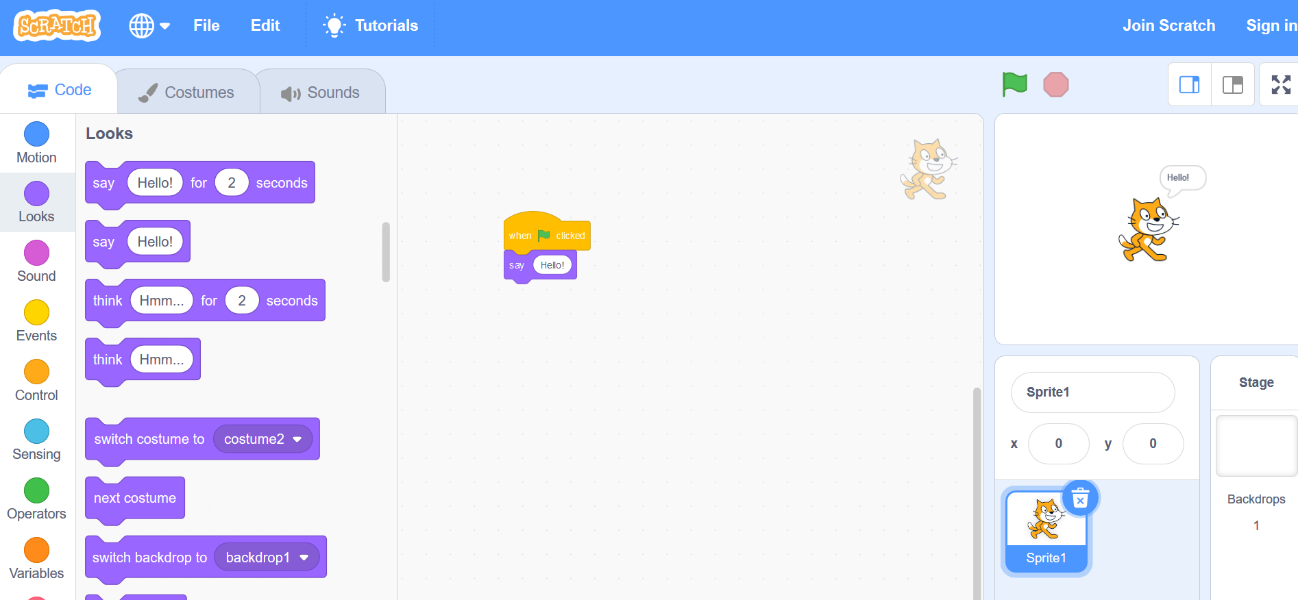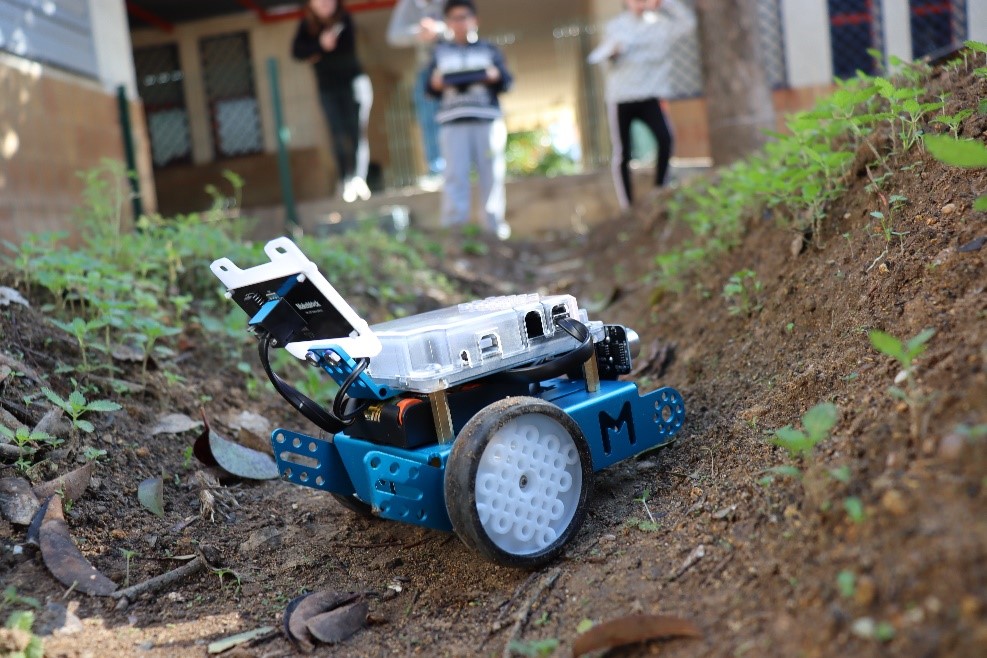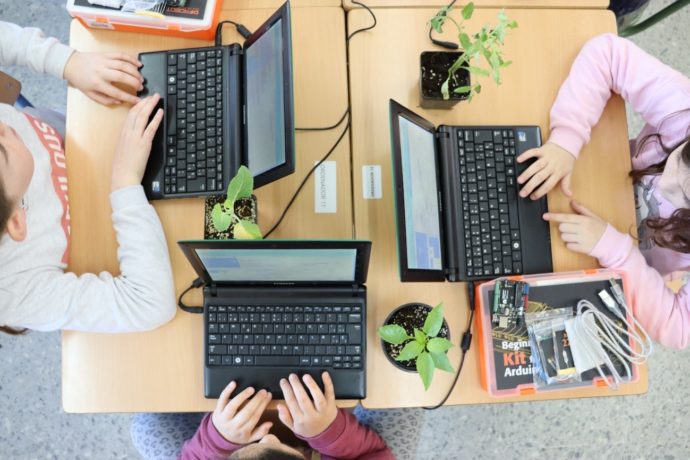Few months ago, we shared with you a complete post dedicated to Robotics in Precision Agriculture and its positive role regarding saving energy, time and cost as well as increase of the overall productivity.
Today, we want to point out how robots in the farm can be a very useful topic to attract teens and kids to Agriculture. Robotics and coding helps young people learn to think creatively, reason systematically, and work collaboratively. Add Agriculture to the recipe and you will have an effective way of increasing interest of kids on crops and food. Also, this helps future generations understand the relevance of Precision Agriculture for the sustainability of the Food System.
Teachers are increasingly integrating coding and robotics across many different subject areas and age groups. In fact, currently there are several options for parents and educators to teach children how to code interactive stories, animations, games and educational robots.
As an example, Scratch can be highlighted as one of the best known nowadays. Scratch is a coding language and online community where you can create your own interactive stories, games, and animations (and share your creations with others around the world). Scratch is a project of the Scratch Foundation in collaboration with the Lifelong Kindergarten group at the MIT Media Lab.
It is free and it offers lots of free additional educational resources to users. It is certainly a intuitive and fun way to start coding.

“Scratch is a project of the Scratch Foundation, in collaboration with the Lifelong Kindergarten Group at the MIT Media Lab. It is available for free at https://scratch.mit.edu”.
Building on this basis, it is easy to design a lesson focused on Agriculture. One example is the Robotics and Agriculture Workshop for Kids organized by Cátedra Corteva in a primary School in Sevilla (Spain), last February. This workshop was addressed to 9-10 years-old children who attended to the 3 modules of the workshop:
- Theory class regarding basic knowledge on Agriculture, sustainability and the use of new technologies and robotics in farms.
- Programming class: where the students learnt how it works an Arduino board (Kit DFRobot was used in this workshop) and some examples applied to agriculture, such a programming a humidity sensor.
- Practice demo: the lesson finalized by building an educational robot ( Makeblock-Robot, in the picture below) and driving it in the School garden.

The initiative was highly valued by all the participants, teachers and kids who were surprised by how technologies can be applied to crops and, finally to food. It was clear that a simple experience like that can reach the aim of getting children interested in science, technology and agriculture.
Sources:
- Cátedra en Agricultura Digital y Sostenibilidad: catedracorteva.com
- Scratch: https://scratch.mit.edu/about

